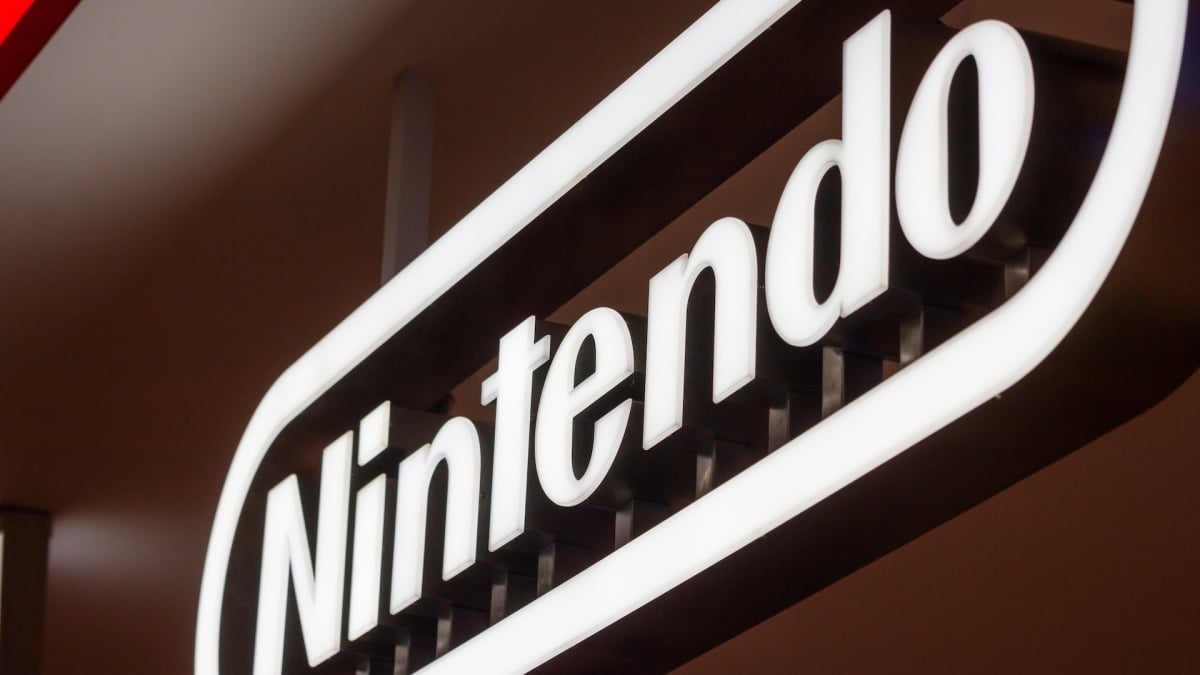Trade War Casualties: Brands Hitting the Brakes on US Market Amid Tariff Tensions

Trade Tensions Spark Supply Chain Disruptions: What Consumers Need to Know
The ripple effects of the Trump administration's aggressive tariff policies are now being felt across multiple industries, with numerous companies reconsidering their business strategies in the United States. As international tensions escalate, consumers may soon face unexpected shortages and potential price increases.
Recent economic shifts have prompted many global manufacturers and suppliers to pause or significantly reduce their operations in the U.S. market. These strategic withdrawals are a direct response to the complex web of trade restrictions and retaliatory tariffs that have created uncertainty in international commerce.
Shoppers should prepare for potential scarcity in several key product categories, including:
• Electronics and technology components
• Automotive parts and accessories
• Certain agricultural and food imports
• Specialized industrial machinery
• Consumer goods from targeted trading nations
Experts warn that these supply chain disruptions could lead to higher prices and limited product availability in the coming months. Consumers are advised to plan ahead and be flexible in their purchasing decisions as the global trade landscape continues to evolve.
